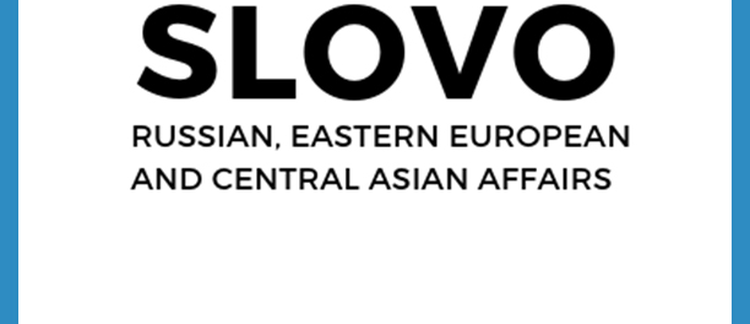Abstract
Download this article from UCL Discovery here.
In 2012, state-controlled television channel Russia 1 chose prime time on September 1, when schools celebrate Knowledge Day, to premiere the fourth installment of Born in the USSR. The documentary series launched in the Soviet Union in 1989 and was based on the same premise as Michael Apted’s acclaimed UK-based project Up Series that tracked the lives of 14 British children at seven-year intervals starting from 1964. Since 1989, when Born in the USSR introduced a group of 20 seven-year old children from different parts of the Soviet Union, the series, directed by the leading Russian documentarian Sergei Miroshnichenko, has released four episodes. Born in the USSR functions as a database on multiple levels: it represents a historical archive of personal data collection, assumes totality of coverage (to report on an entire life and cover the map of the USSR); every element of it works for a larger picture; there is a basic algorithm that generates a larger whole, and it unites all kinds of data, while each element of it is attributed equal significance. The article argues that the database structure of the film makes it resistant to the country’s attempts to frame it within the rhetoric of the rebuilding of Soviet Russia. Thus, the last section of this article will focus on the series’ database structure to support this claim.
How to Cite:
Shembel, D., (2016) “Born in the USSR: Children vs. Ideology and the Impact of Database Cinema”, Slovo 28(2), 69-4. doi: https://doi.org/10.14324/111. 0954-6839.046
Downloads:
Download PDF
View PDF
946 Views
135 Downloads

